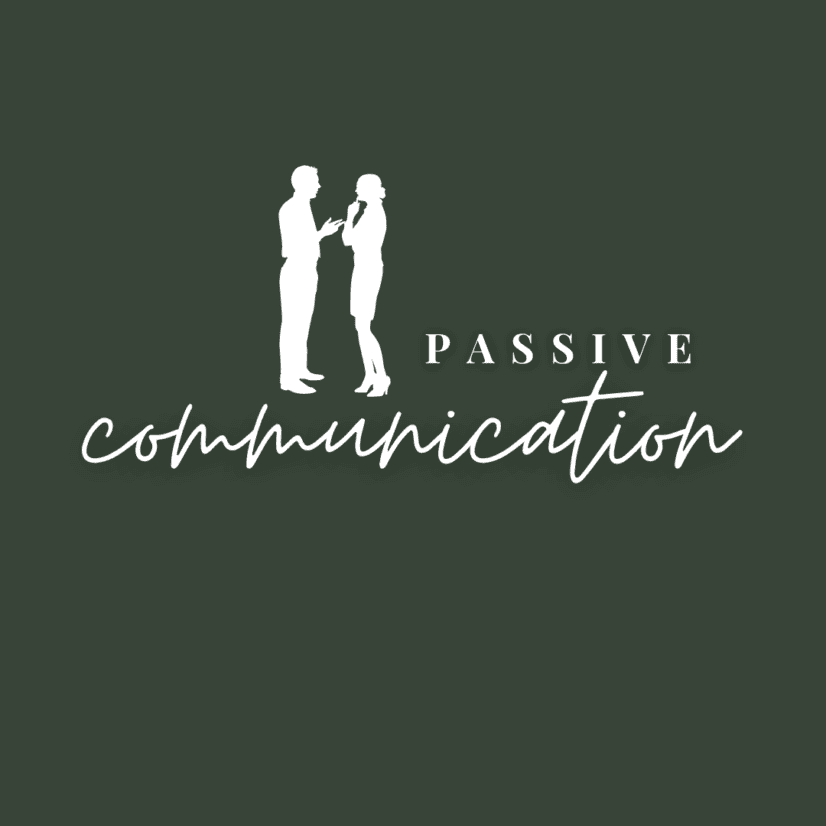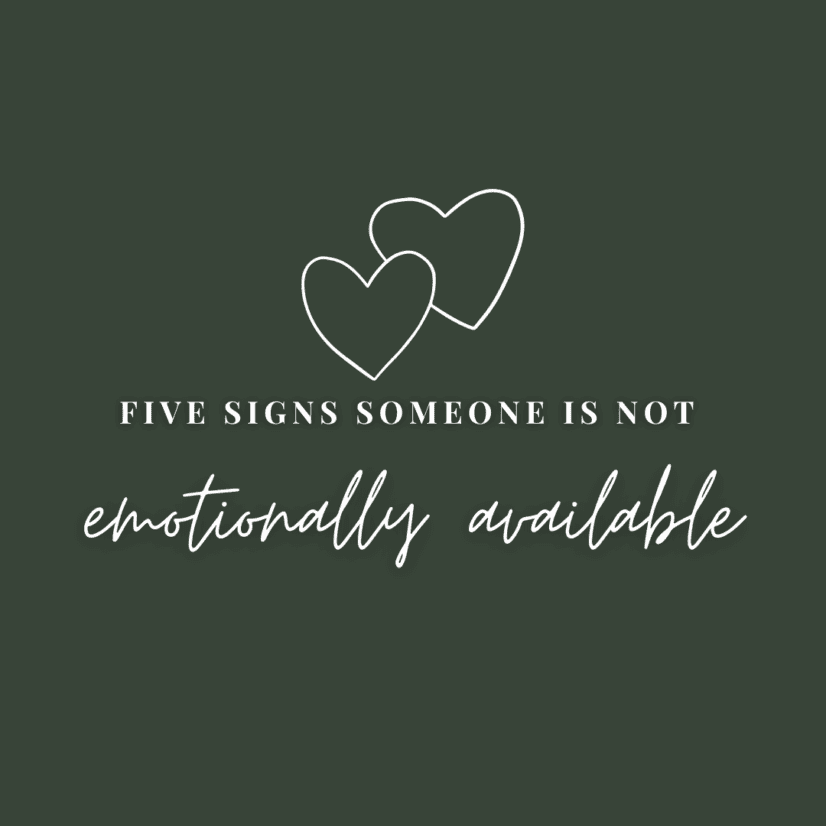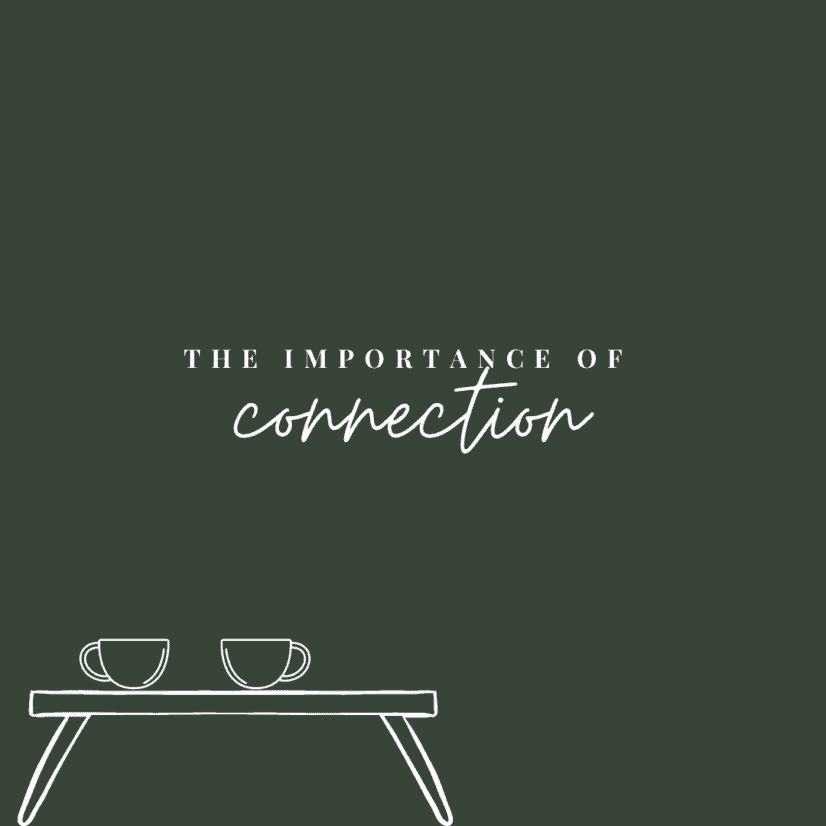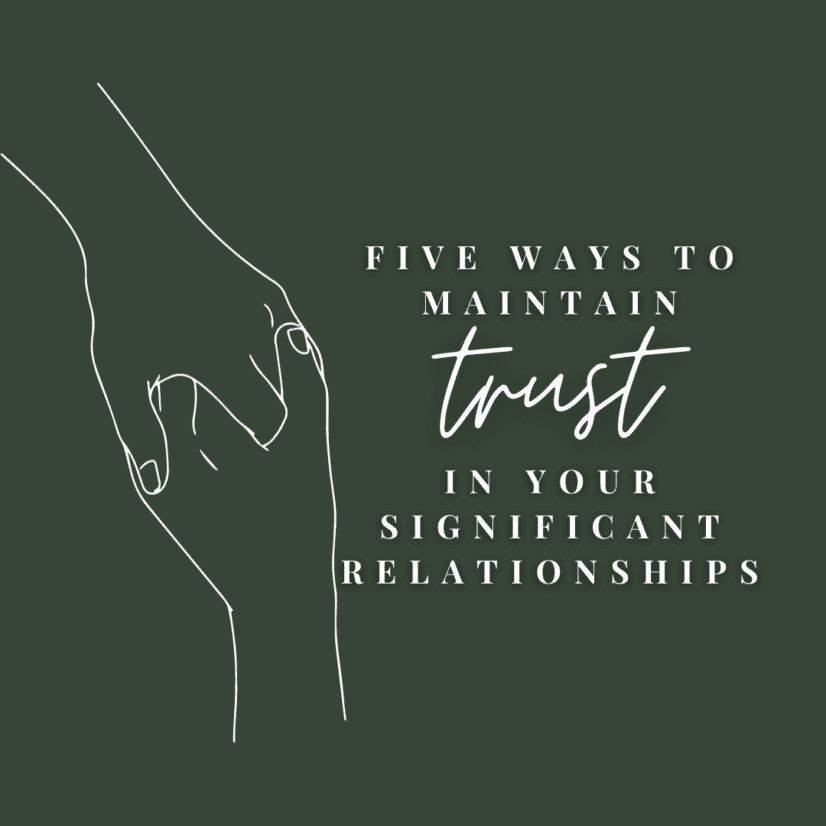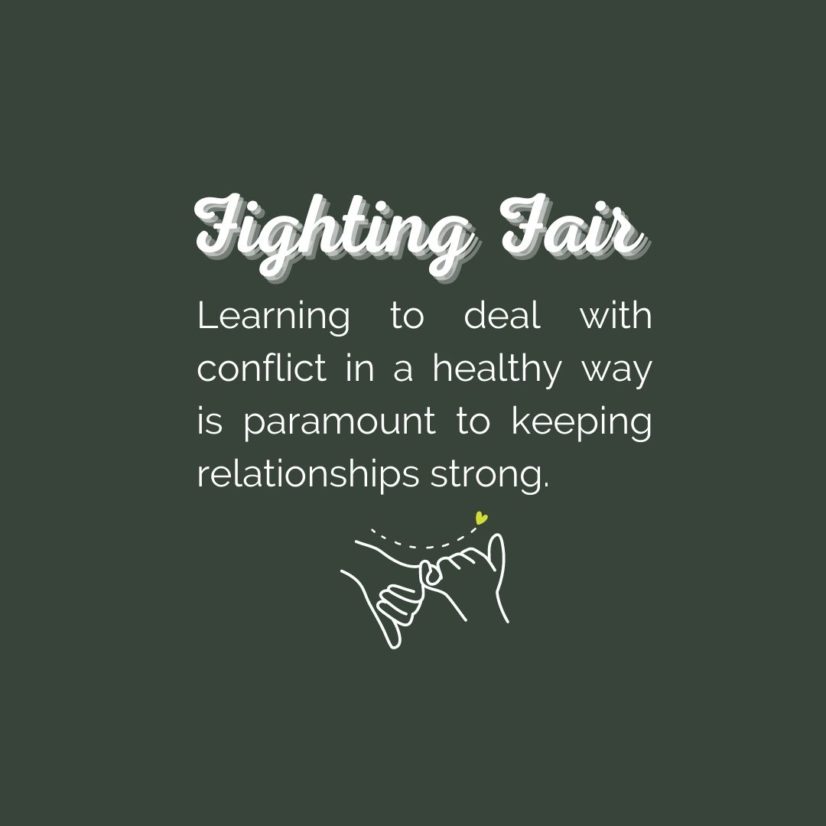Passive communication is a style where one has developed a pattern of avoiding expressing their opinions and/or feelings. They often avoid protecting their rights, and identifying and meeting their needs. People who tend to develop passive ways of communicating usually suffer from low self-esteem and feel “I’m not worth it.” This style of communicating can also lead to feelings of anxiety, helplessness, depression and anger.
Five Signs Someone is Not Emotionally Available
It seems a lot of people have difficulty finding someone who is “emotionally available” for a relationship. Many stay in a relationship way too long, only to finally realize their romantic partner is unwilling or unable to follow through with a commitment. In order to find an emotionally available person, you first have to weed out the ones who are obviously not available to you.
The Importance of Connection
We find ourselves constantly involved in people’s lives. Whether we’re working with them or whether they’re our family, we are continuously interacting with others. What makes the difference of merely interacting or truly connecting with someone?
Five Ways to Maintain Trust in Your Significant Relationships
Because trust is a cornerstone element, it’s important to evaluate and know where you stand with your partner with regard to trust and to intentionally work to strengthen trust.
Keeping It Honest
Have you ever felt the need to keep something from a partner to prevent them from feeling hurt or disappointed? There are times in many relationships when it seems like not hurting the other’s feelings is more important than being honest. However, as is often seen with couples, this isn’t really the best policy.
Goals for Relationships
Relationships so often go malnourished due to everyday stressors. Here are some relationship goals for you & your partner to consider.
Making Amends
How hard should one try to make up after an argument or disagreement? What might be helpful is allowing for time to heal the wound.
The Zebra
Do you ever find yourself with that sinking feeling when you have to address a topic for the 17th time with your partner?
Focus on the Home Team
Couples can actually learn a few valuable tricks from their favorite teams. According to marriage researcher, John Gottman, PhD., happy couples have a few things in common: They have friendship and admiration, they have each other’s back, they handle conflict well, and they have a sense of “we-ness”. With these characteristics, they form a pretty strong team that can handle life’s toughest challenges.
Fighting Fair
All healthy relationships encounter conflict. Learning to deal with conflict in a healthy way is paramount to keeping relationships strong.

